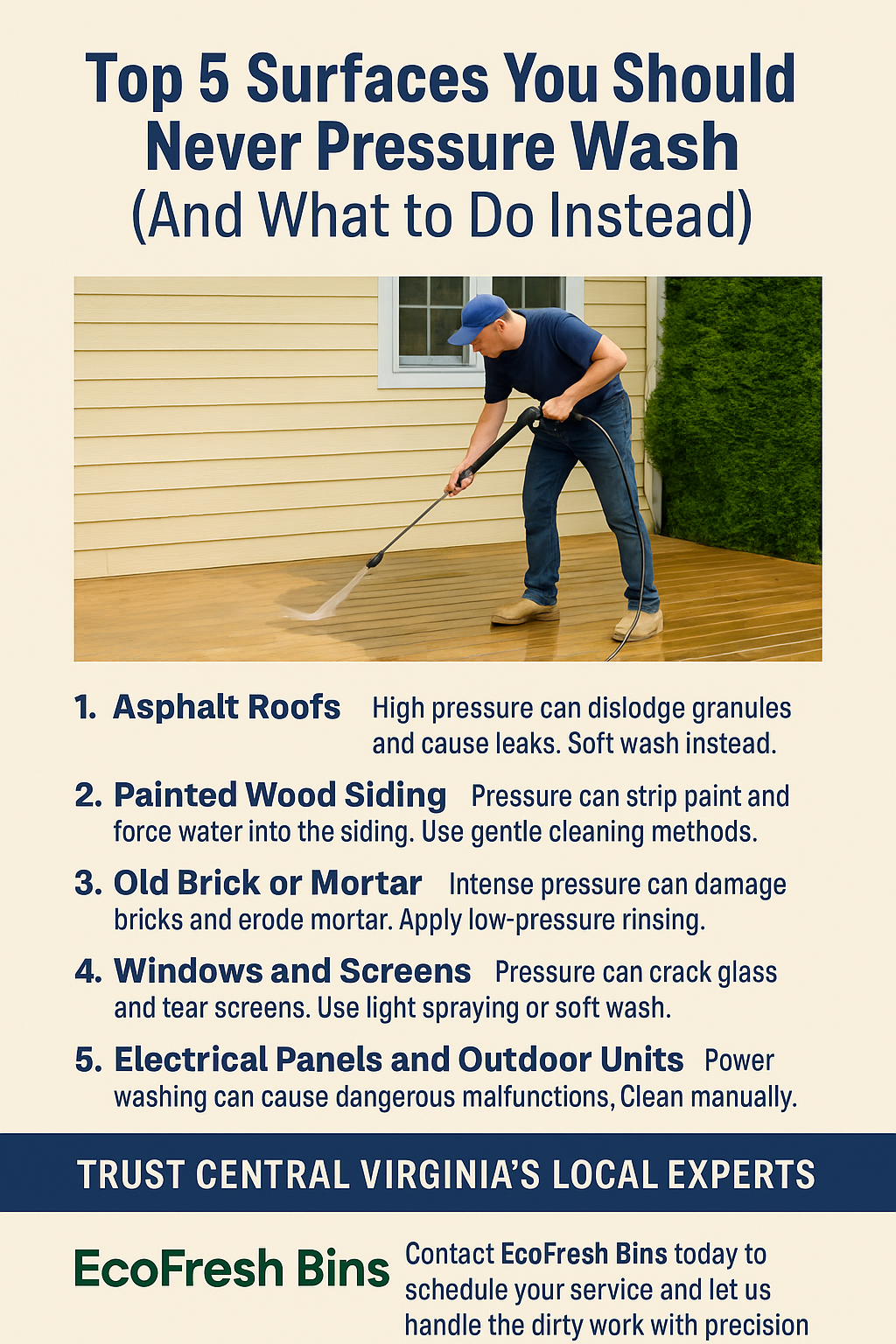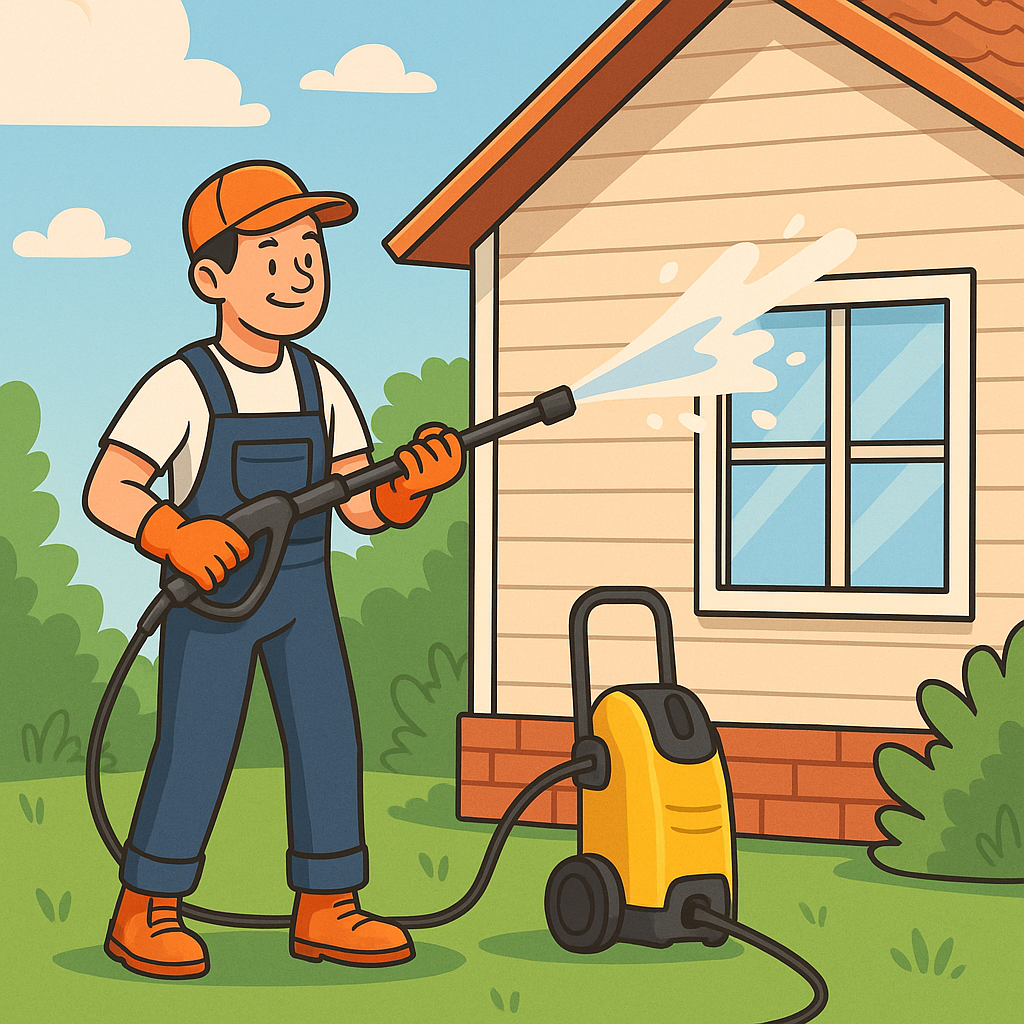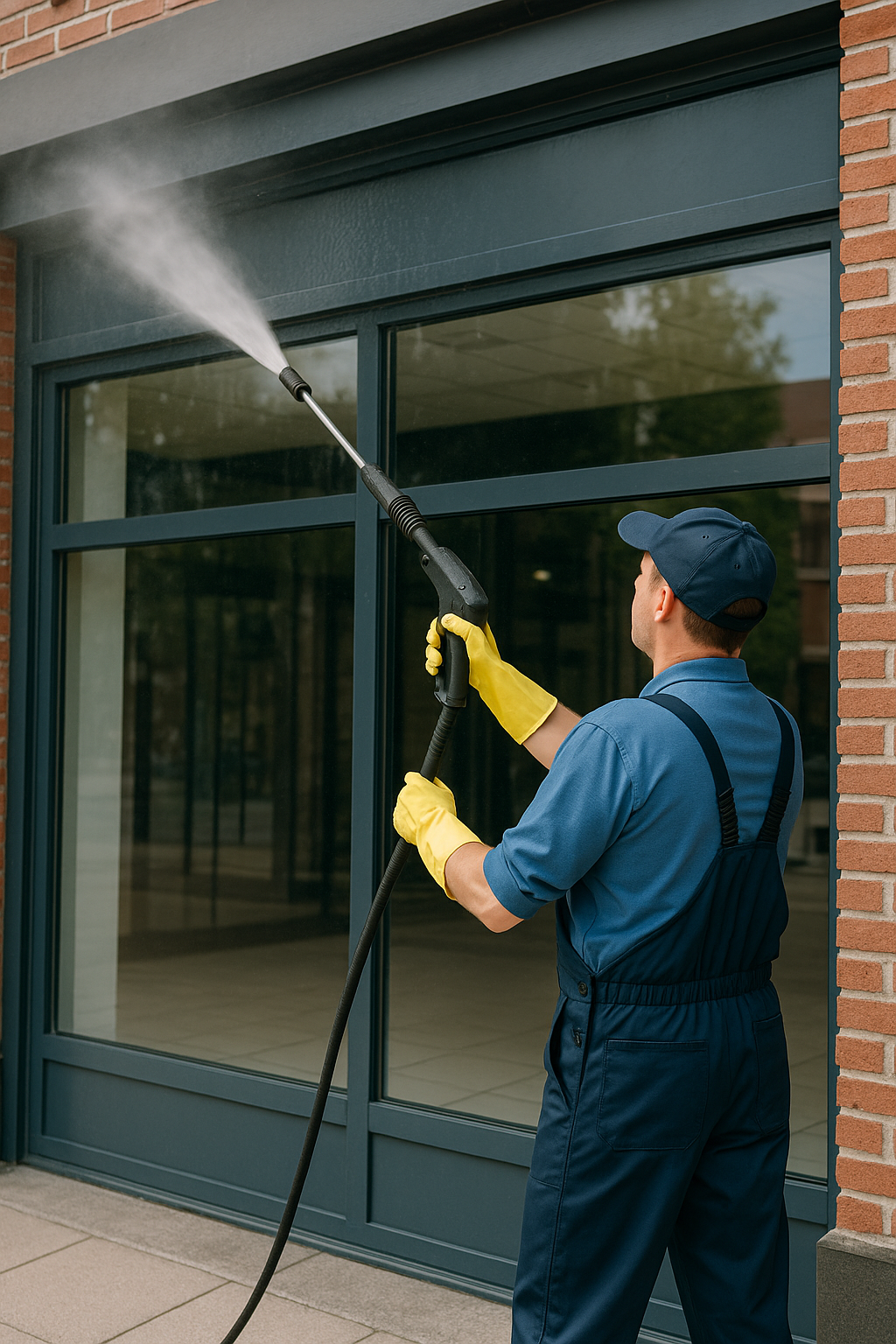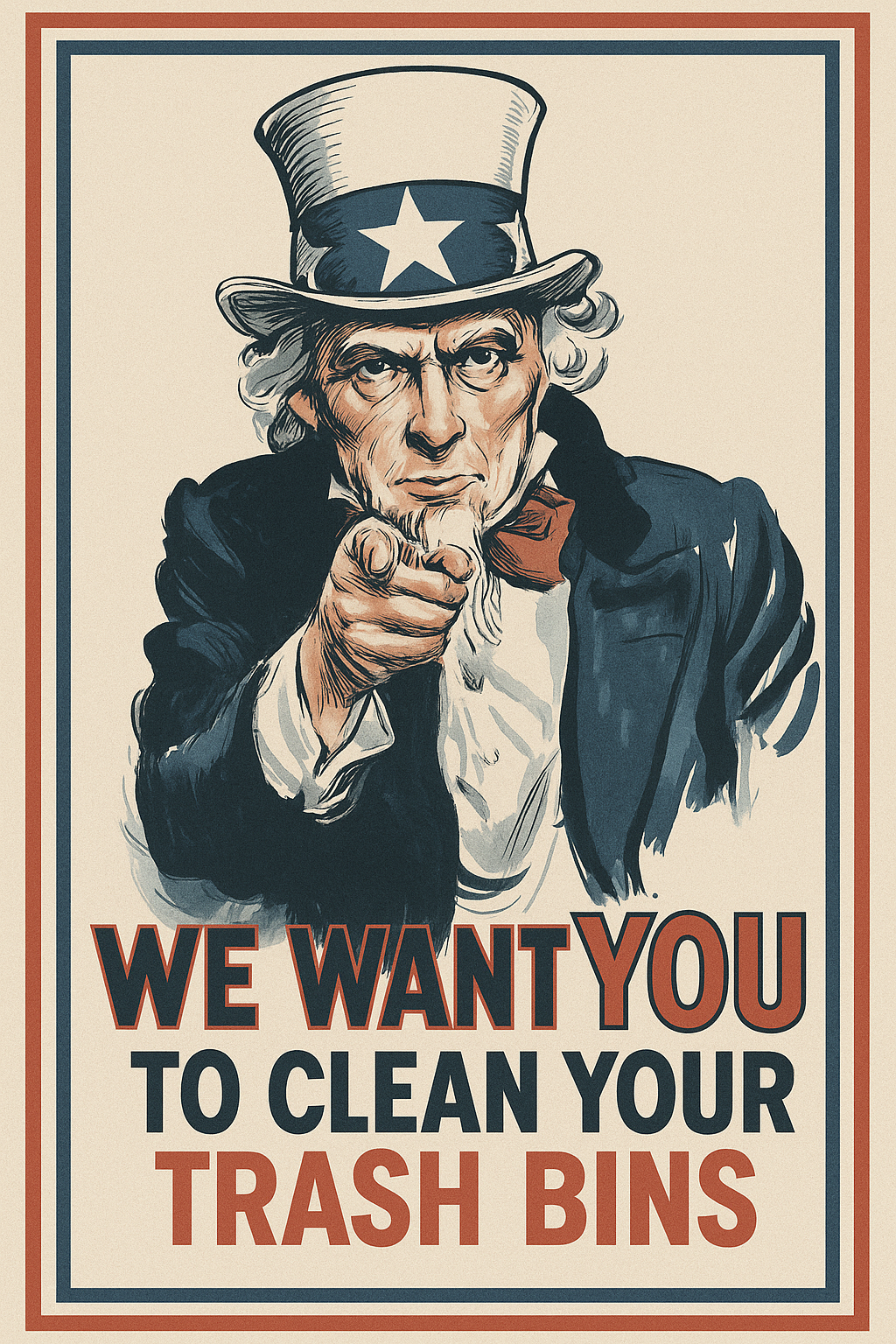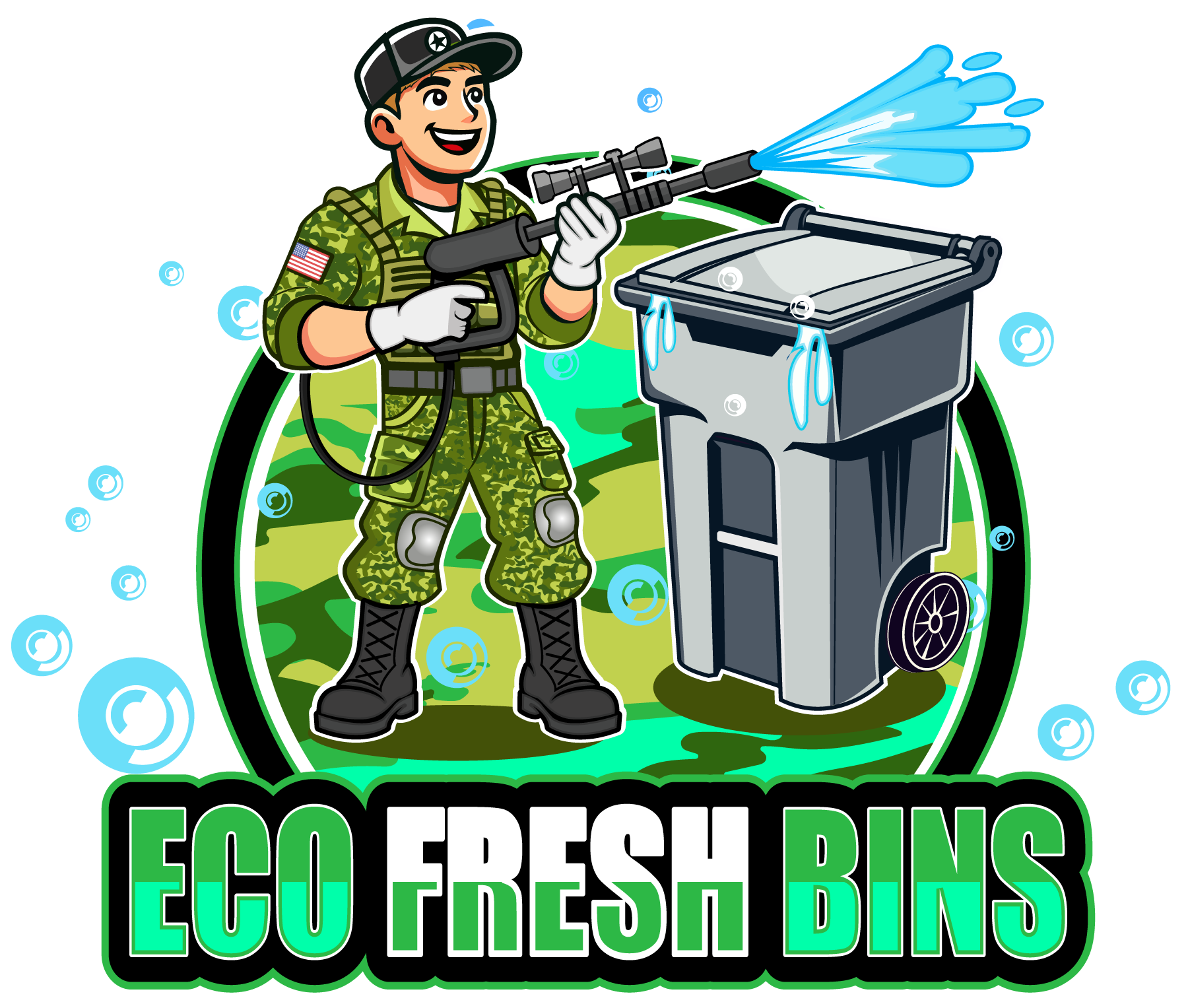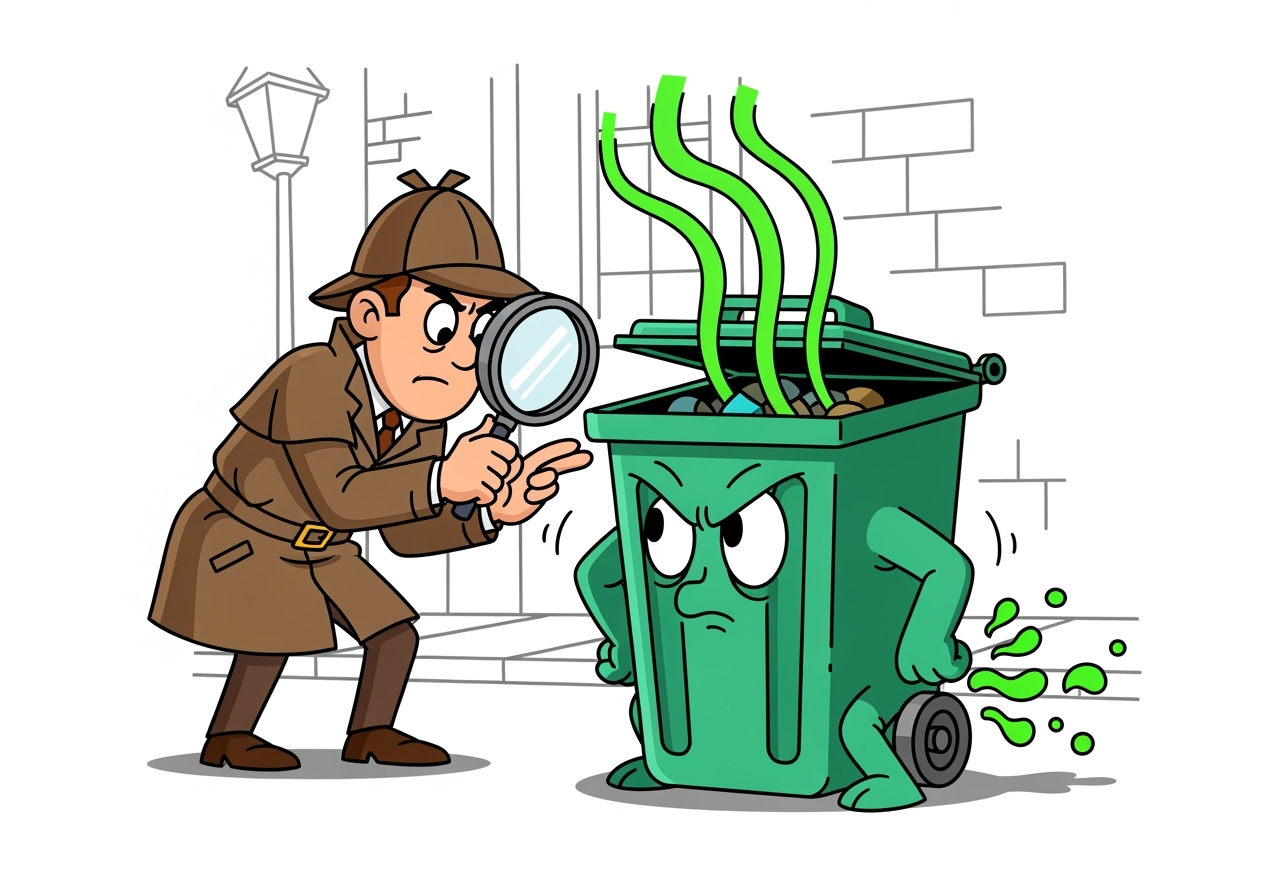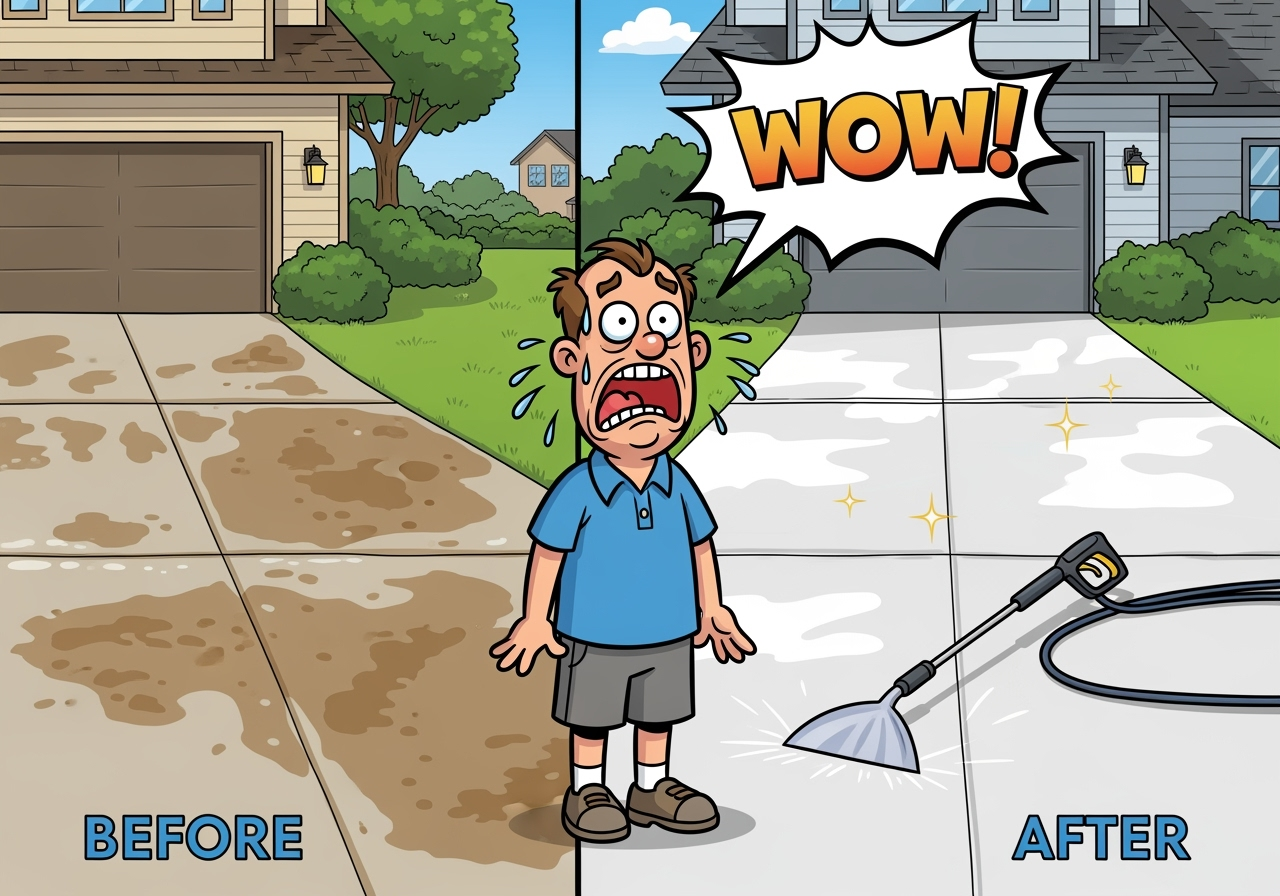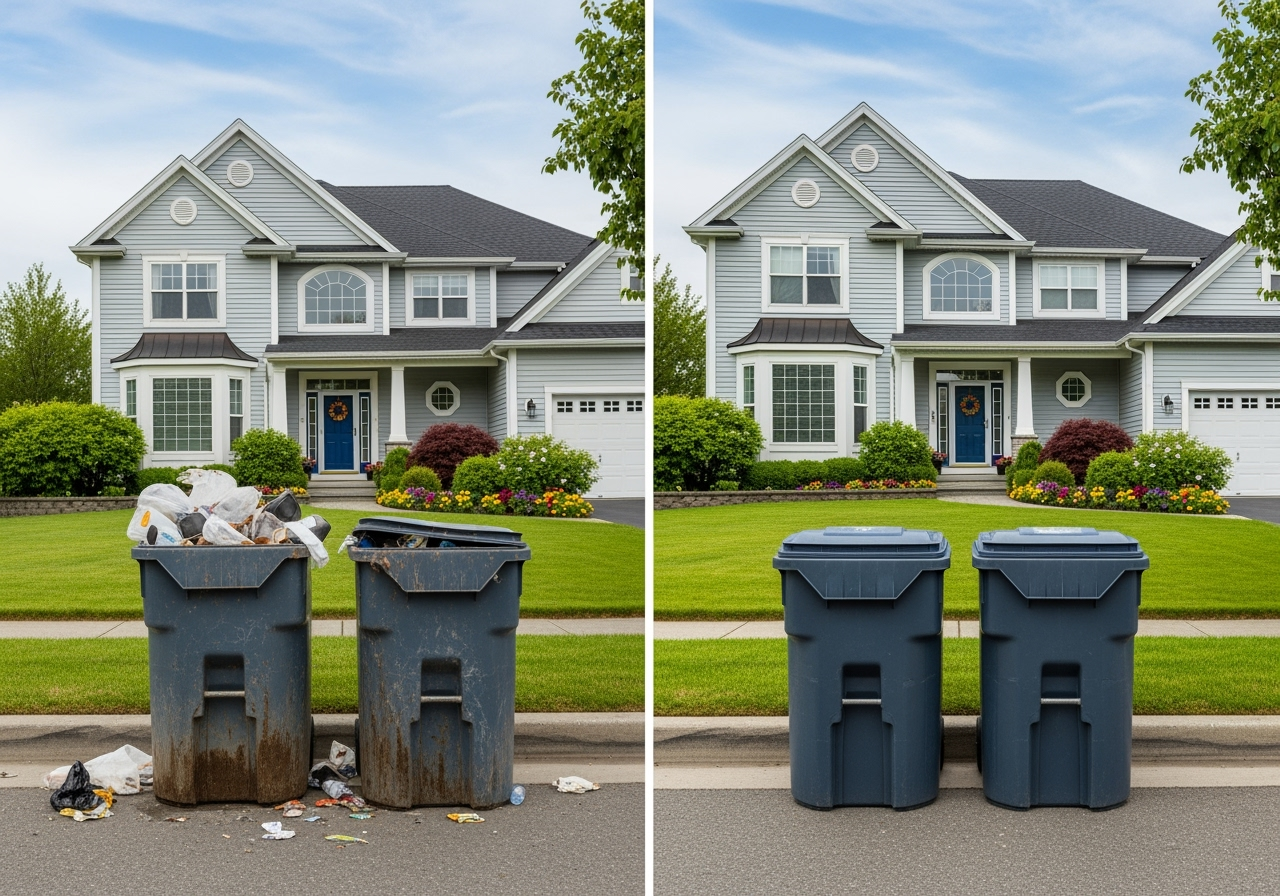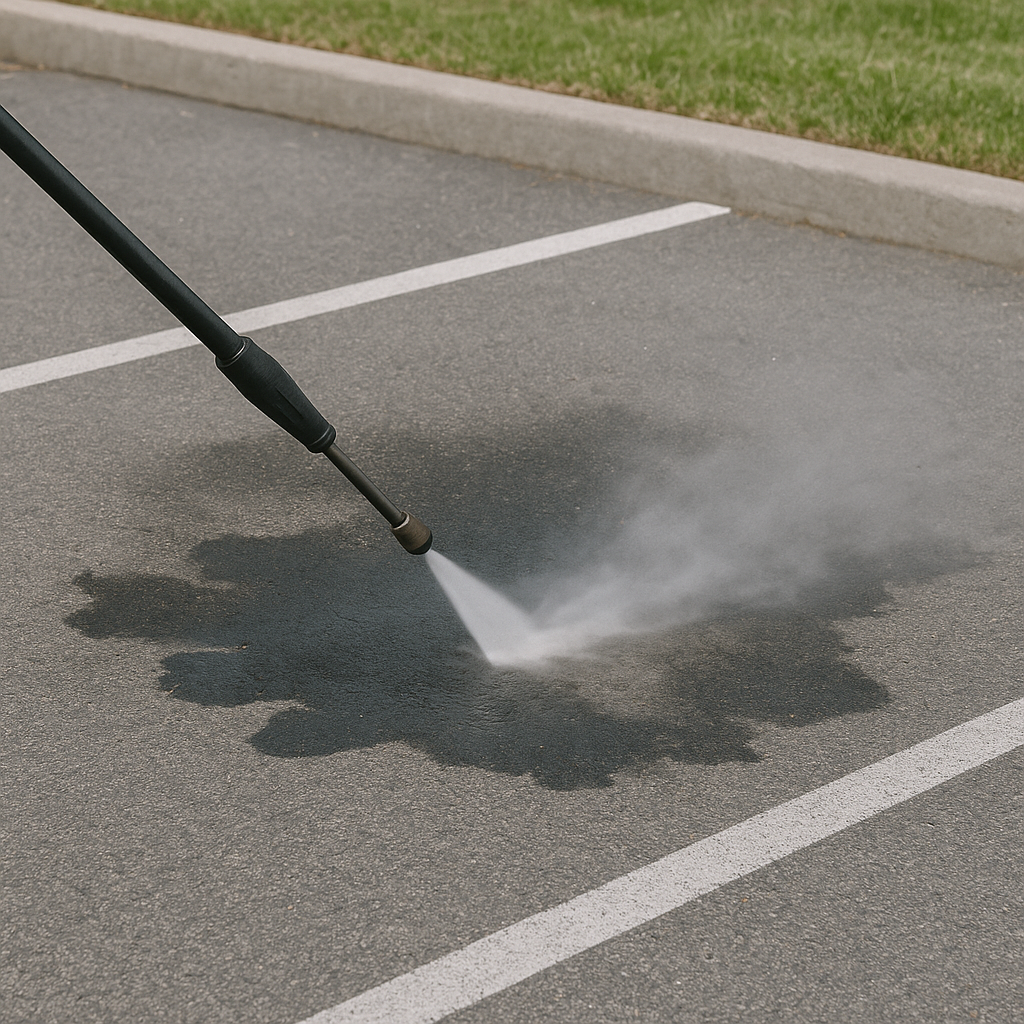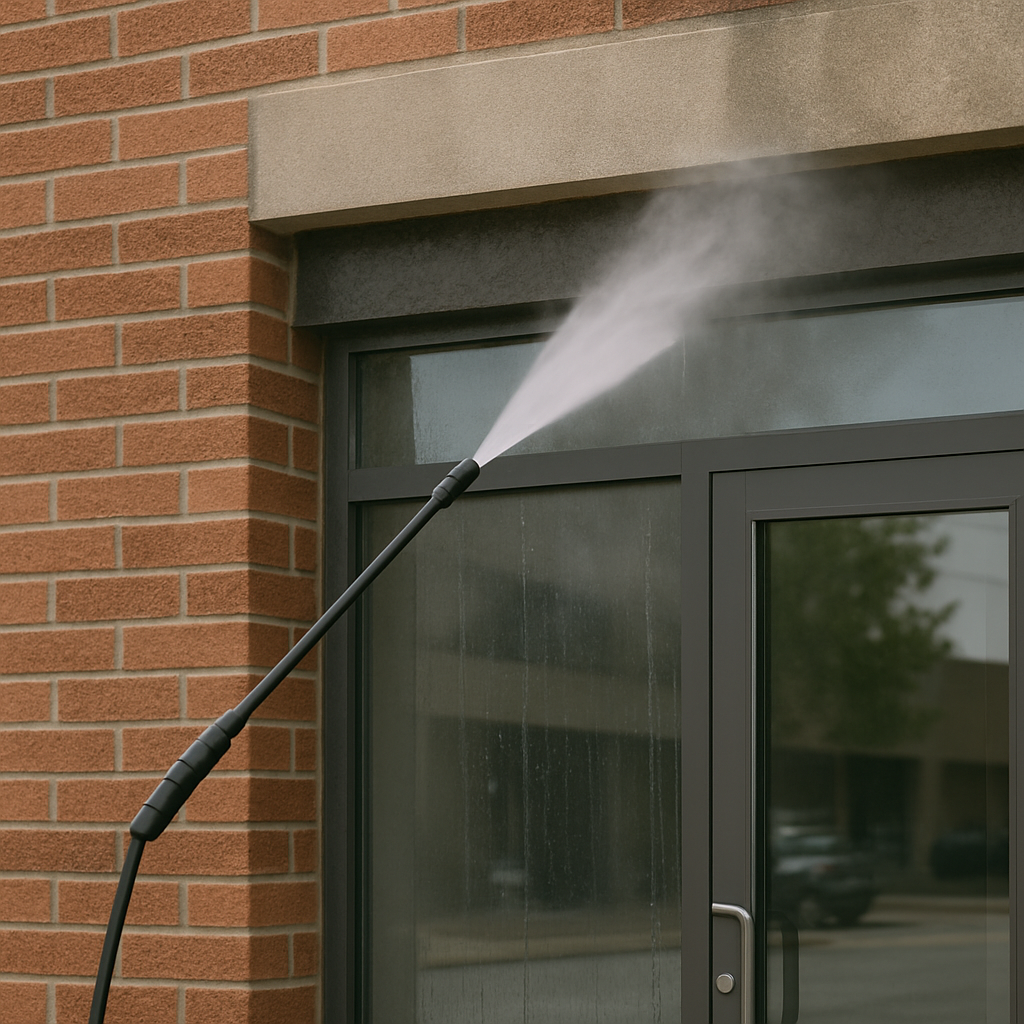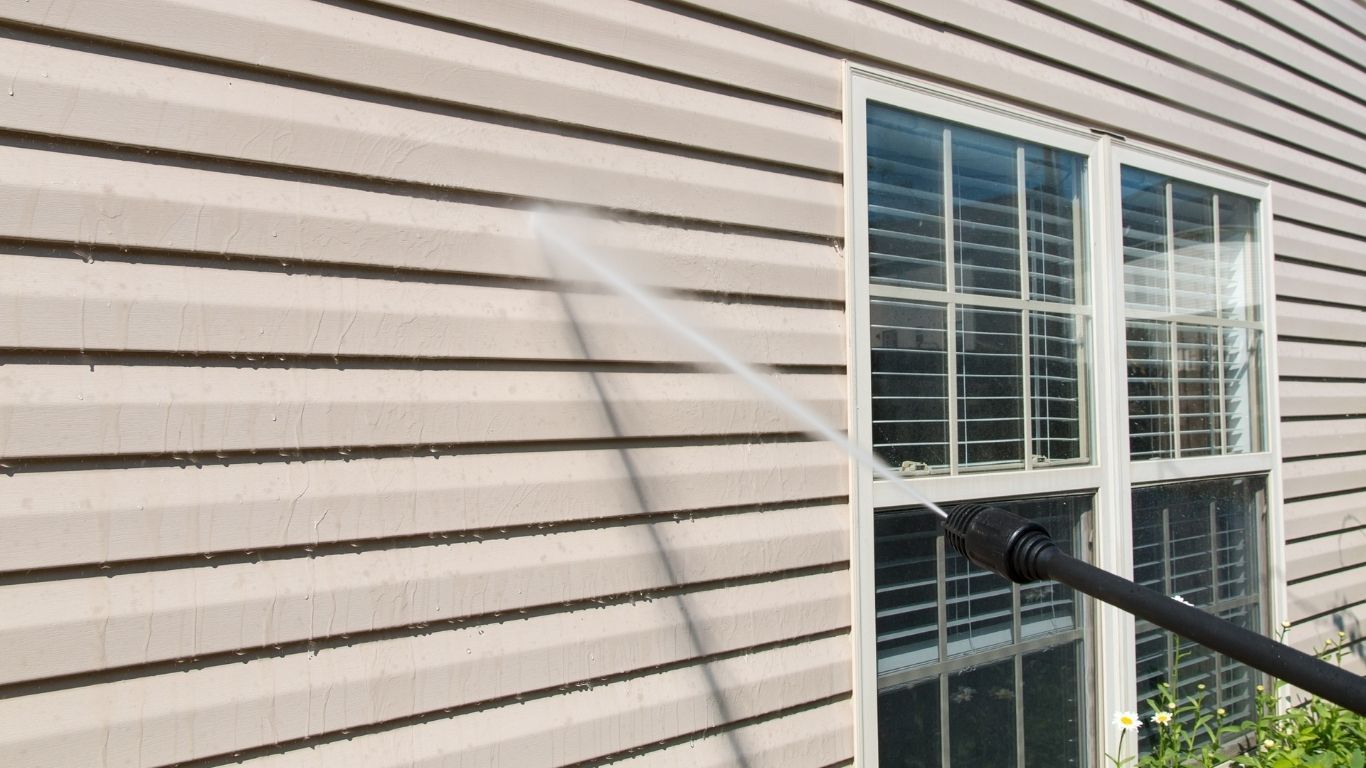10 Mind-Blowing Facts About Pressure Washing You Never Knew

Ever wondered what makes pressure washing so incredibly effective? Whether you're a homeowner curious about that magical cleaning power or considering professional services, these surprising facts will change how you think about high-pressure cleaning forever. Get ready to have your mind blown!
1. Pressure Washing Was Born from Prohibition-Era Bootleggers
Here's a wild origin story you probably never saw coming! The first pressure washer was actually invented in 1926 by Frank W. Ofeldt II, who worked for a Pennsylvania company that made whiskey stills during Prohibition. Talk about necessity being the mother of invention! Those bootleggers needed a way to clean their equipment efficiently, and boom – pressure washing was born. Who knew your clean driveway owed its sparkle to moonshine makers?
2. Ultra-High Pressure Washers Can Reach Mind-Blowing PSI Levels
Here's something that'll make your jaw drop: while most residential pressure washers operate between 750-4,000 PSI, industrial ultra-high pressure units can reach an absolutely staggering 7,000 to 50,000 PSI! To put that in perspective, it takes just 100 PSI to penetrate human skin, which means these industrial beasts pack 500 times that force. That's enough pressure to cut through concrete, strip paint instantly, and tackle industrial cleaning jobs that would be impossible with conventional methods.
3. The German Genius Who Revolutionized Cleaning
While Ofeldt planted the seed, Alfred Kärcher gets credit for creating the modern pressure washer we know today. In 1950, this German inventor developed Europe's first hot water pressure washer, which became the foundation for today's industrial and commercial cleaning equipment. Fun fact: Kärcher even holds a Guinness World Record for their innovations!
4. Pressure Washing Can Remove Years of Grime in Minutes
The cleaning power is genuinely mind-boggling. A quality pressure washer can strip away years of accumulated dirt, mold, mildew, and even some paint in just minutes. The secret? It's all about the science of high-pressure water propulsion – water gets forced through specialized nozzles at incredible speeds, creating enough force to blast away stubborn contaminants that would take hours to scrub by hand.
5. Pressure Washing Can Actually Help With Allergies
Here's something that'll surprise health-conscious homeowners: pressure washing can be a game-changer for people with allergies! According to industry experts, pressure washing effectively removes algae, lichens, pollen, and other allergens that accumulate on exterior surfaces. When these irritants build up on your home's siding, deck, or walkways, they can become airborne and trigger allergy symptoms. Regular pressure washing creates a cleaner environment around your home, potentially reducing those sneezy, watery-eyed days!
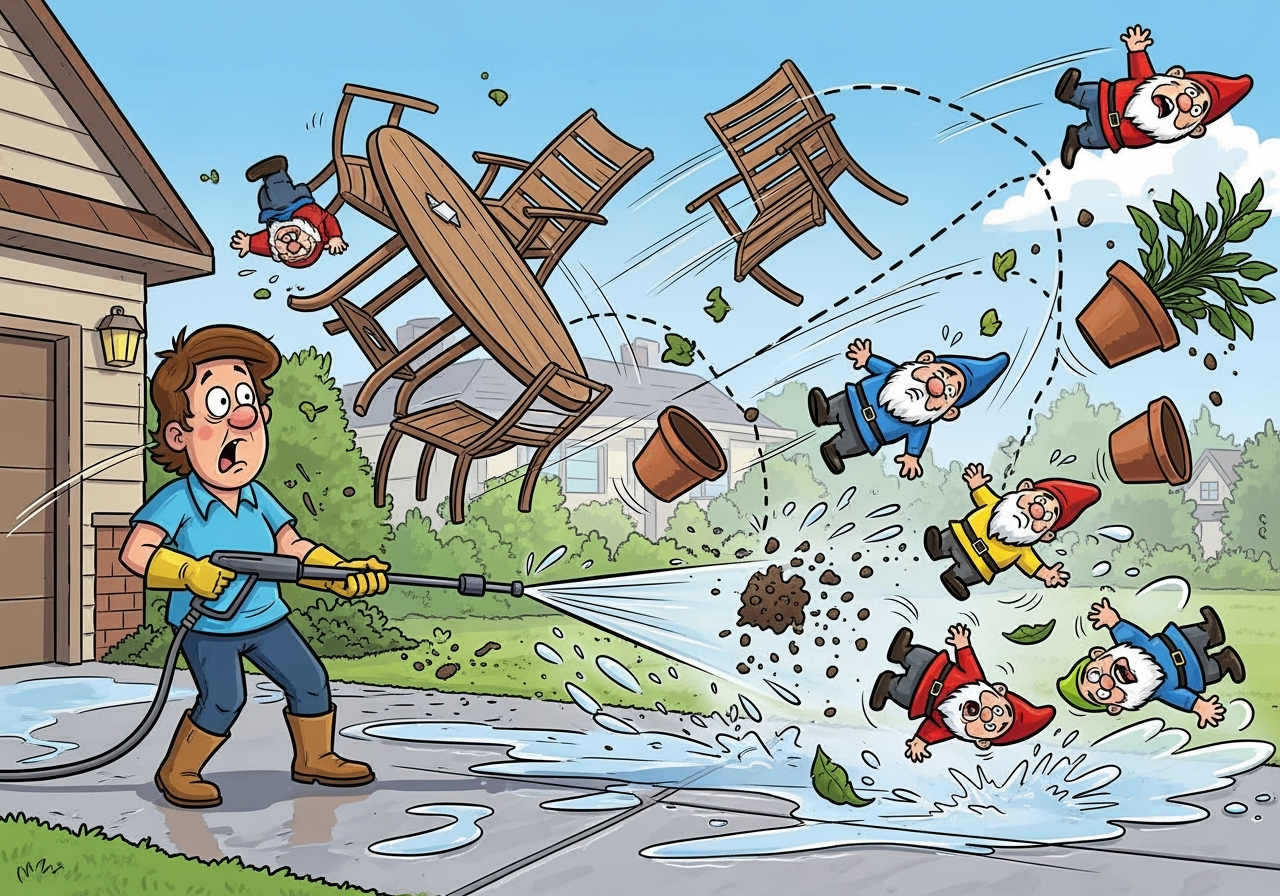
6. Hot Water Makes All the Difference
Temperature matters more than you might think! Hot water pressure washers can clean up to 40% faster than cold water units and are significantly more effective at breaking down grease, oil, and organic matter. That's why professional services often invest in heated systems – the combination of pressure, heat, and proper detergents creates a cleaning trifecta that's nearly unstoppable.
7. Your Pressure Washer Has Multiple Personalities
Those different nozzle tips aren't just for show – they completely transform your machine's personality. A 0-degree nozzle creates a laser-like stream perfect for tough stains, while a 40-degree nozzle provides gentle coverage for delicate surfaces. It's like having multiple tools in one machine, each designed for specific cleaning challenges.
8. Pressure Washing Can Actually Increase Your Property Value
Professional pressure washing doesn't just make things look better – it can genuinely boost your home's curb appeal and market value. Real estate experts consistently note that homes with strong curb appeal sell 7% faster and for 5-10% more than comparable properties. According to research from the National Association of Realtors, a clean house exterior can increase perceived home value by up to 5%. It's one of the most cost-effective home improvements you can make, often returning several times the investment.
9. The Environmental Impact Depends on the Operator
While pressure washing uses less water, the environmental impact largely depends on proper technique and chemical usage. Responsible operators use biodegradable cleaning solutions and implement runoff management systems to protect local waterways. When done correctly, pressure washing can actually be more environmentally friendly than traditional cleaning methods.
10. Commercial Units Are Absolute Powerhouses
Think residential pressure washers are impressive? Commercial and industrial units are in a completely different league, with flow rates ranging from 2.2 to 10+ GPM and pressures that can exceed 4,000 PSI. These machines can clean massive areas in record time and tackle industrial-grade contamination that would be impossible to remove by hand.
Bonus Fact: Pressure Washing Has Therapeutic Benefits
The Bottom Line
Pressure washing is far more fascinating and scientifically sophisticated than most people realize. From its bootlegger origins to its modern environmental considerations, this cleaning method continues to evolve and surprise us. Whether you're considering DIY pressure washing or hiring professionals, understanding these facts helps you make informed decisions and appreciate the incredible technology behind that satisfying clean.
Ready to experience the power of professional pressure washing? The science is impressive, but the results speak for themselves – and your property will thank you for it!
Ready to boost your curb appeal and property value?
📞
Call or text: (804) 892-9983
🌐
Visit:
www.ecofreshbins.com
📍
Serving: Colonial Heights, Petersburg, and Hopewell
Contact us today for a free quote – same-day service often available!
